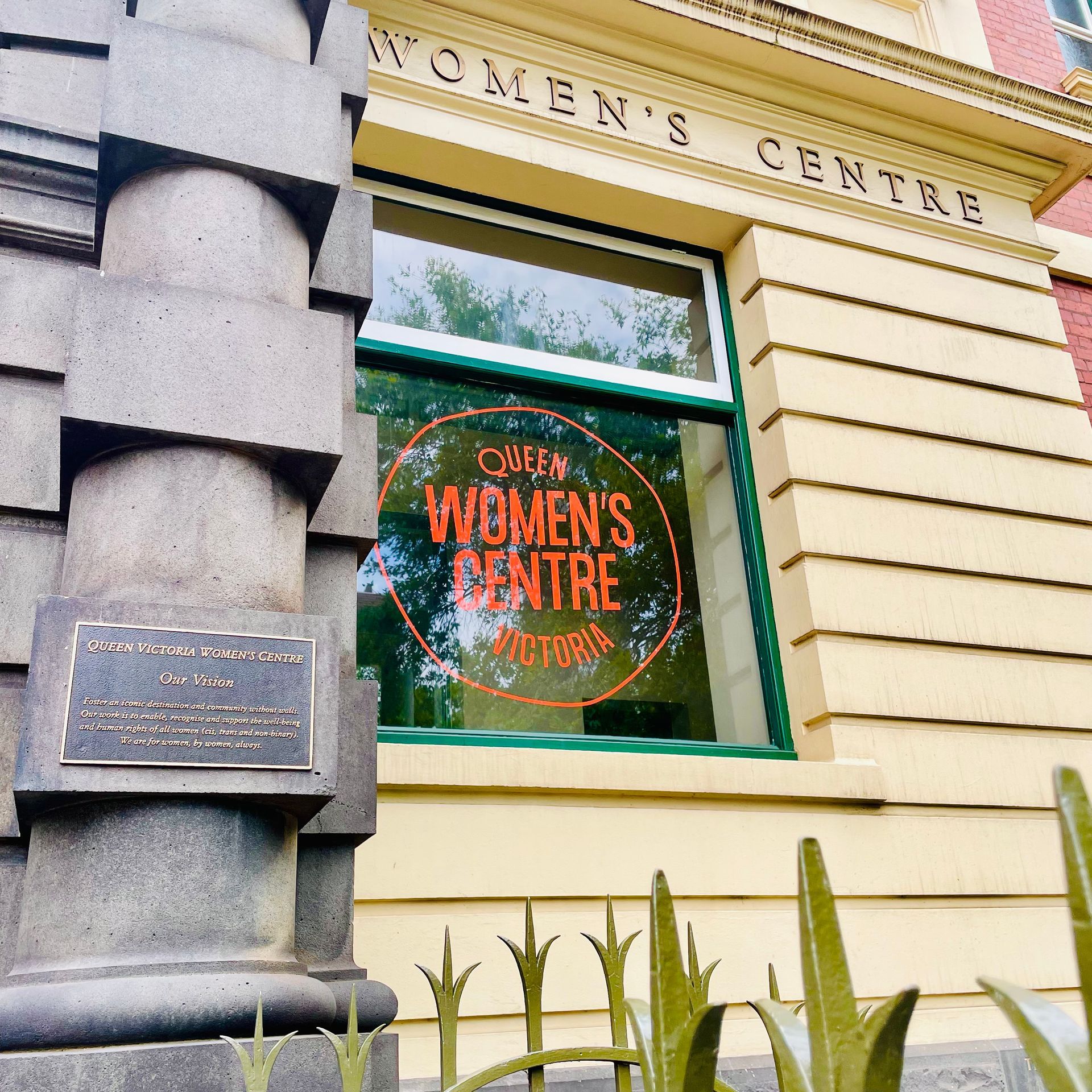Managing the Holidays: Tips for People with Eating Disorders.
The festive season can be not such a “jolly” season for individuals struggling with eating disorders. It can actually be a very stressful time. The person with an eating disorder may start anticipating Christmas and the holiday season weeks in advance. Nothing could be more challenging than a changed routine and having to socialise around family and food at a time when treating teams are on leave and support is reduced.
When it comes to the food there’s an abundance on offer and expectations to participate can be high. Families and carers are also stressed as they try to work out how best to support a loved one.
Tips for people experiencing eating disorders:
- Plan ahead, structure your day by deciding what you are going to eat.
- Try and stick to eating enough of your safer foods and what you may have discussed previously with your dietitian.
- Ask a trusted family member to plate your meal to avoid the anxiety of having to serve yourself. You could even bring your own food that is on your meal plan.
- It is important to ensure you are eating but it doesn’t mean you have to challenge those fear foods on Christmas day.
- If you are feeling stronger why not try a feared food? You may find that you will feel more comfortable as everyone is eating the same thing.
- Talk to your treating team to help you with negative thoughts and worries about the festive period and to develop strategies to deal with worries about food, events and family.
- Have some prepared response for unhelpful or inappropriate comments, this will help reduce anxiety as unfortunately sometimes people will say the wrong thing.
- Change the conversation. Ask your family not to talk about food or make a list of other topics to bring up when a family member starts talking about the food.
- Maintain focus on your own recovery and try to not be influenced by other people. Maybe have a debrief after with someone you trust- a psychologist, family member, friend- about any negative thoughts or unhelpful behaviours. Verbalising these may help!
- Talk to your family and friends. A plan only works if other people know about it, having an ally is really helpful. They don’t have to be there, they can be on the other end of a phone. Choose someone you can talk to as you go.
- Try practicing some avoided foods that you know will be on offer well before the day.
- Give yourself a way out. If you’re planning to go out to a social event, have an escape plan — both before you go, in case you change your mind, and when you’re there.
- Enjoy yourself. An eating disorder can make you feel guilty about almost everything. The holidays are about enjoyment. That might mean finding a quiet space and listening to music, or drawing, or playing video games. Make sure there’s time in your plan for whatever you like doing, and try not to feel guilty about doing it.
- Accept that you’ll make mistakes. This is the most important one. Most people argue at Christmas. Lots of people cry. Billions of people celebrate Christmas every year, and none of them has ever had a perfect day. If things go wrong, it’s OK. If you cry, or someone else cries, it’s OK. Take some time, and start over.
- Remember, it only lasts a day. No matter how bad it is, it’s temporary.
Tips for carers of people with eating disorders:
- Let your loved one know that you are aware Christmas might be causing anxiety and that you are available to help them in any way you can.
- Have a conversation about Christmas, what do they hope their Christmas will be like, what are their fears? What parts of the day are they most worried about? can you help with any of this?
- Discuss what, for you, is important for Christmas and can you meet in the middle?
- Try to help the person stay in the ‘here and now’ in the weeks and days leading up to Christmas.
- Discuss what the plans and obligations are for the Christmas period. Talk these through with your them and work out what parts, if any, they may need support with, or need to be allowed to opt out if they feel like it.
- Talk about who is doing the cooking? Who will be at the meal? When will the meal be? What will be eaten? Having a conversation about how the day will unfold may help reduce anxiety and make it more manageable, and more enjoyable for everyone.
- Try to put your focus on the celebration and not the food, quality time with family and friends is the goal.
- Ideally it is best to encourage your loved one to maintain their normal eating schedule, this will help them manage the day better.
- Once the meal is completed, put all food away. Be careful with leftovers, for those who binge it can be very difficult having too much food available. Try to give food away to guests as they leave or store it in a more inaccessible area (frozen or in portions). For restrictive eaters this is less of an issue, however, even restrictive eaters can binge on left overs which can be the start of problematic behaviour.
- After the meal, it may be helpful to use enjoyable distractions, (opening gifts, playing games, watching a Christmas movie).
- Plan in advance, check in with your loved one to find out if there is a particular dish they would feel most comfortable with and know they can eat it. Ask them how you can best support them around food. Well informed family and friends can help keep a structure around Christmas activities that everybody enjoys.
- For people with eating disorders smaller gatherings can be less overwhelming and also create a sense of belonging and safety, consider breaking your celebration up in to smaller groups across the festive season.
- When there are bigger groups gathering, try to be sure there is an ally (maybe you or another member of the family) having an ally reduces anxiety and stress so that they may feel more comfortable and able to participate in the day.
- Try not to place unrealistic expectations on your loved one or on yourself.
- It’s important that you remember that your role is simply to be with your loved one, to listen to how they are feeling in a non-judgemental manner and to validate their experiences, avoid the tendency to want to “fix it”.
- Mind your language, avoid commenting on food, eating, appearance, ask family members to do the same.
- Anticipate comments, think about how you can help your loved one deal to with this.
- Avoid diet talk, be aware of yourself, your language around your own eating and changing your own eating behaviours significantly.
- Encourage your loved one to seek extra support during the holidays whether that be from extended family, friends, the community, support groups or their treatment team.
- If your loved one is currently in treatment, then as much as possible, try to continue with your regular outlined treatment plan over the festive season.
- Finally, take care of yourself, take time out however difficult it might be. is just as important that you give yourself the gift of self-care.
- Be aware that the time following Christmas can also bring high levels of anxiety and distress: routines are relaxed, days don’t have the normal structure, and everyone is more present at home. You may be able to help your loved one by providing some structure and routine to days, even if this is just around normal eating times.
- Christmas is just one day, no matter how it goes, it does end.
By Senior Dietitian Dianne Rennard




